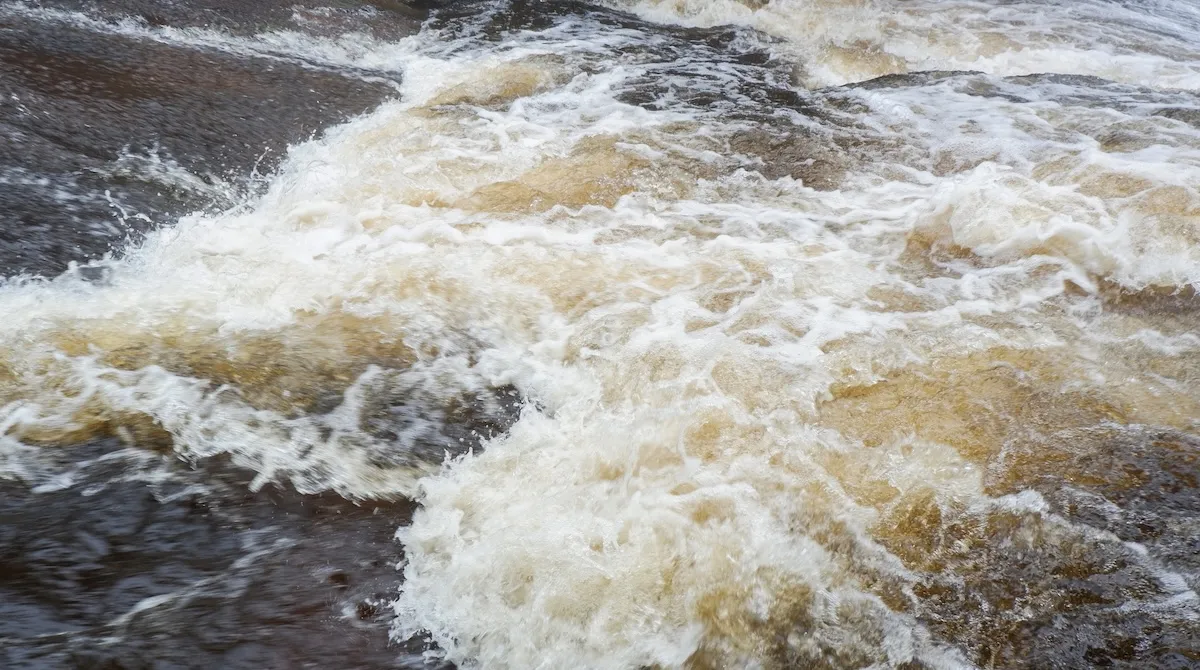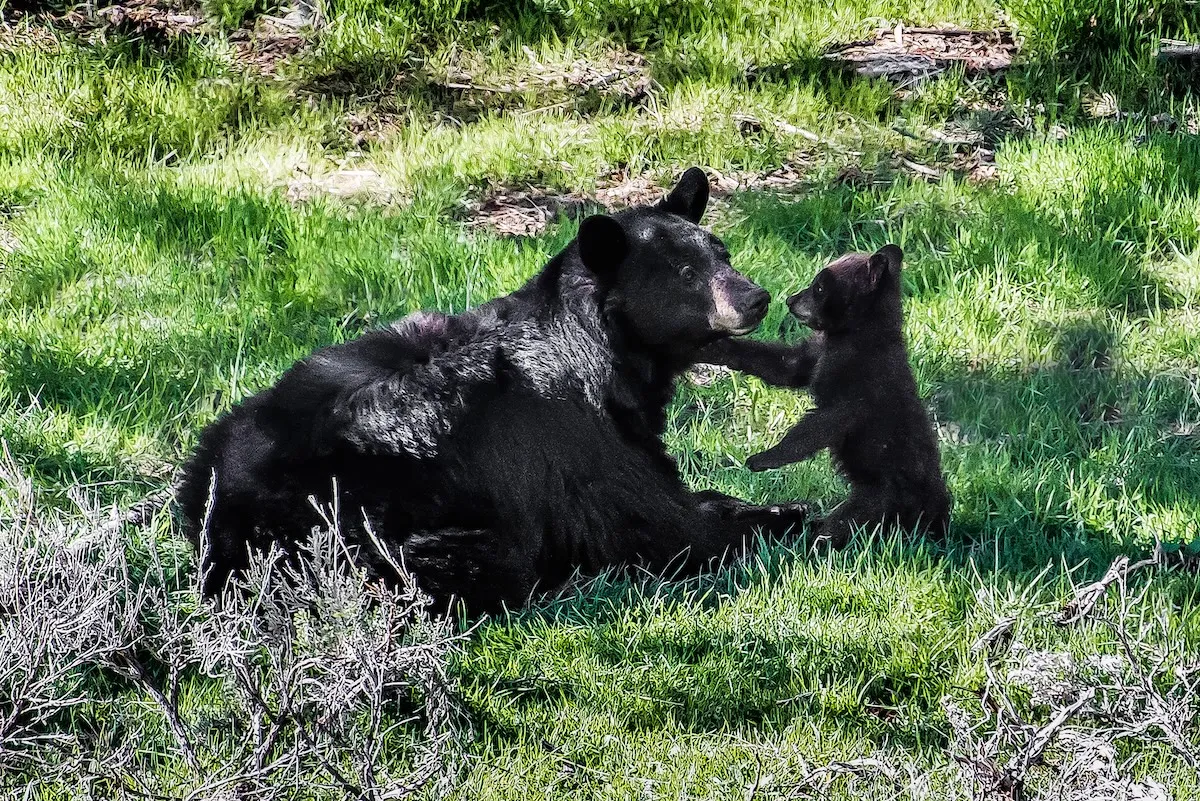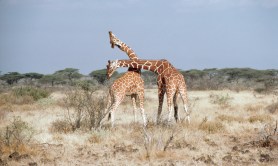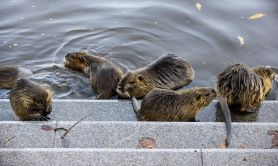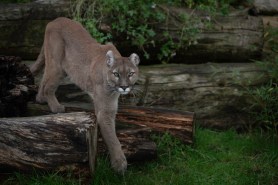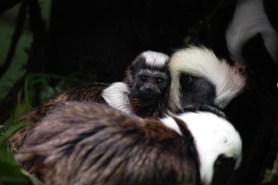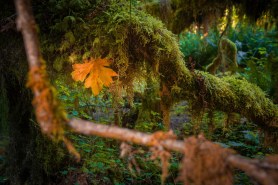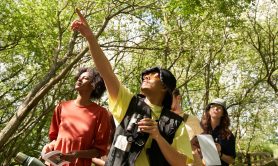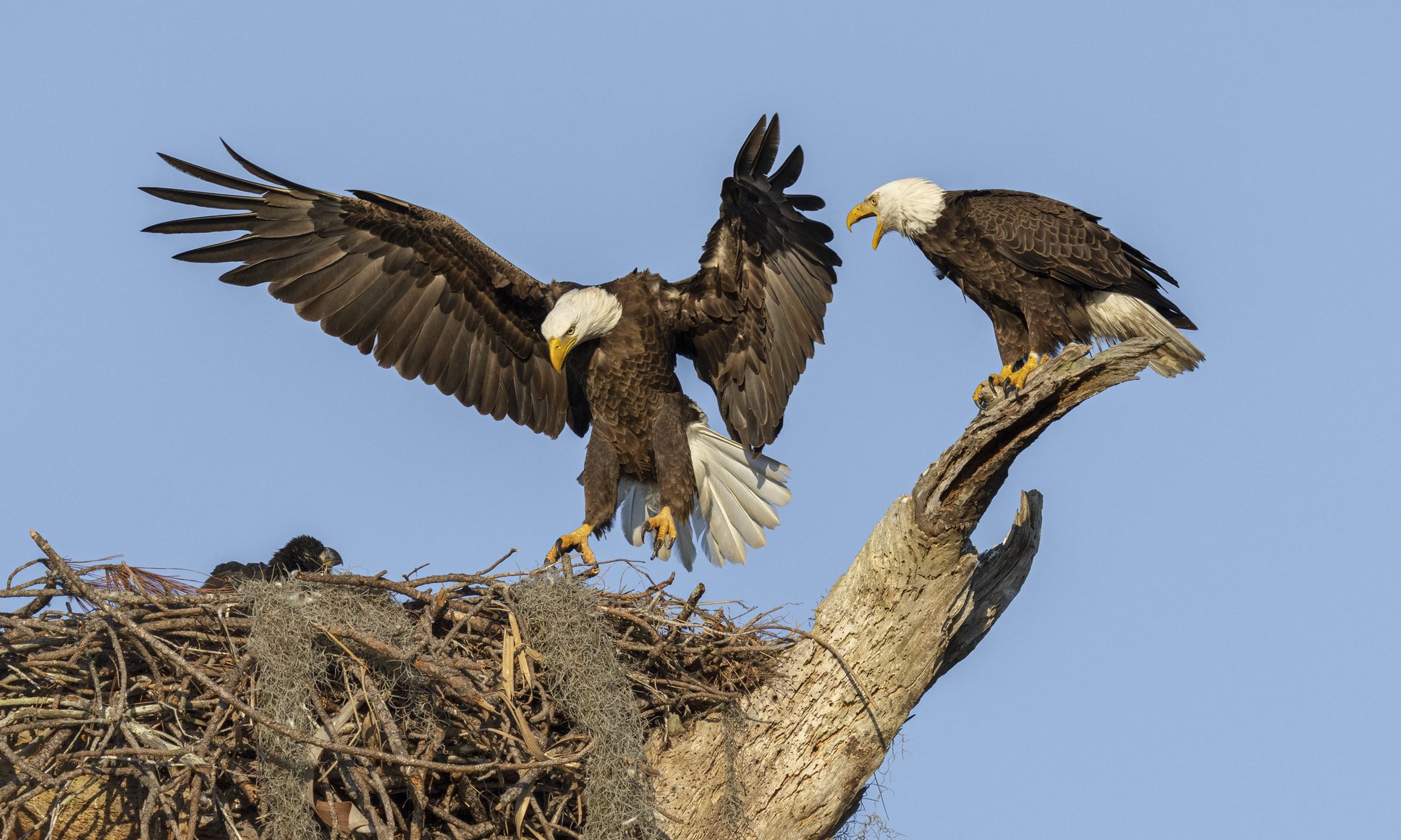

This January, a group of California activists gathered around the base of gnarled ponderosa pine, planning to stand arm-in-arm before bulldozers if necessary. The tree in question was the site of a bald eagle nest. It was also earmarked for destruction.
Videos by Outdoors
The deal was this: If eagles didn’t arrive at the pine by mid-January—the time they usually settle down for the spring nesting season—utility company PG&E Electric would consider the nest abandoned and fell the tree, which itself is dying. Its rationale was that the tree could topple, posing a risk to nearby power lines and sparking fires.
Local environmentalists and members of the Coyote Valley Band of Pomo Indians, however, weren’t having it. The tree itself wasn’t the hazard, they say. If it fell, it wouldn’t be the tree that sparked a wildfire—it would be the power line. So, why not move the line rather than shifting the blame to the tree?
“Chopping down a historic nest tree should never be the first option,” wrote Peter Galvin, program director for the Center for Biological Diversity, in a recent press release. He added that PG&E, a massive nationwide utility company, has more than enough resources to consider alternative solutions for wildfire management.
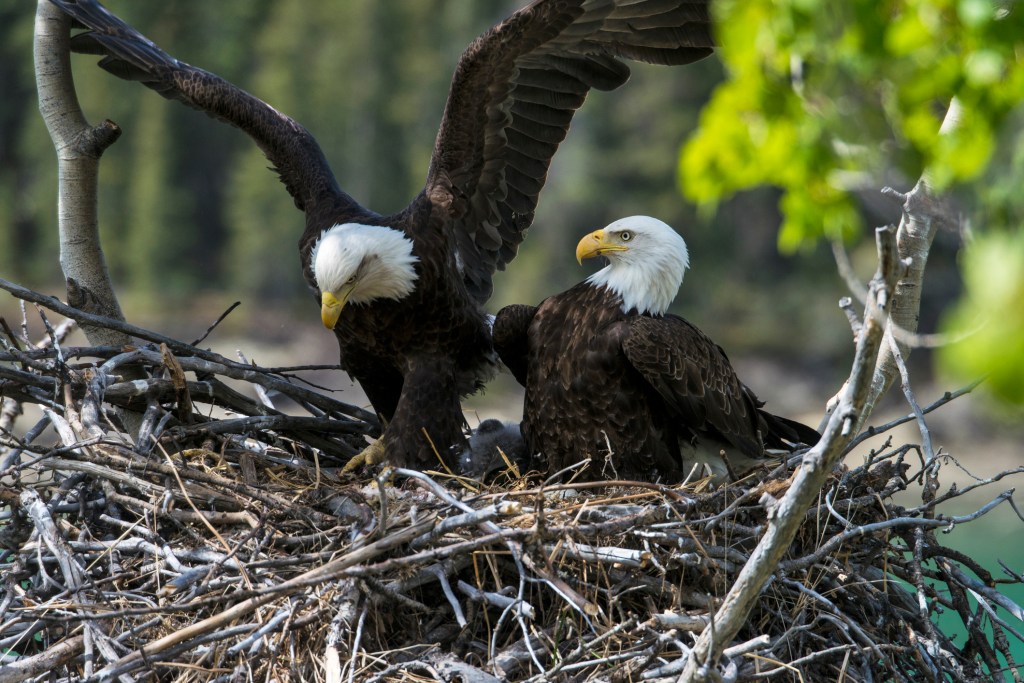
Plus, the utility and the U.S. Fish and Wildlife Service (USFSW) aren’t the only authorities on the matter. The tree lies within the ancestral territory of the Coyote Valley Band of Pomo Indians, and the birds are considered sacred to many Native American groups, including this tribe.
“Bald eagles are an important cultural resource for the Northern Pomo people,” wrote Michael Hunter, chairman of the Band, in a recent letter to the USFWS. He added that the USFWS didn’t give the Band “adequate time to respond to the request for consultation,” which has been a point of frustration.
Despite all this, mid-January rolled around and PG&E had its logging equipment at the ready. The day the utility was supposed to show up to evaluate the tree, activists and Coyote Valley Band members gathered in the forest, erecting tents and setting up camp. As they sang and prayed to stave off the chill and keep up morale, something moved in the sky above. All eyes turned upward.
Just in the nick of time, the eagles had returned.
A few days later, PG&E announced that it would bury the power line in question, rather than felling the tree. Eagle advocates celebrated, albeit cautiously; they knew the birds were safe—for now.
